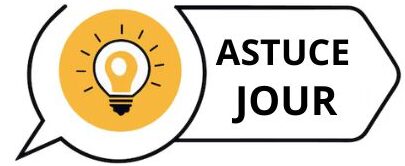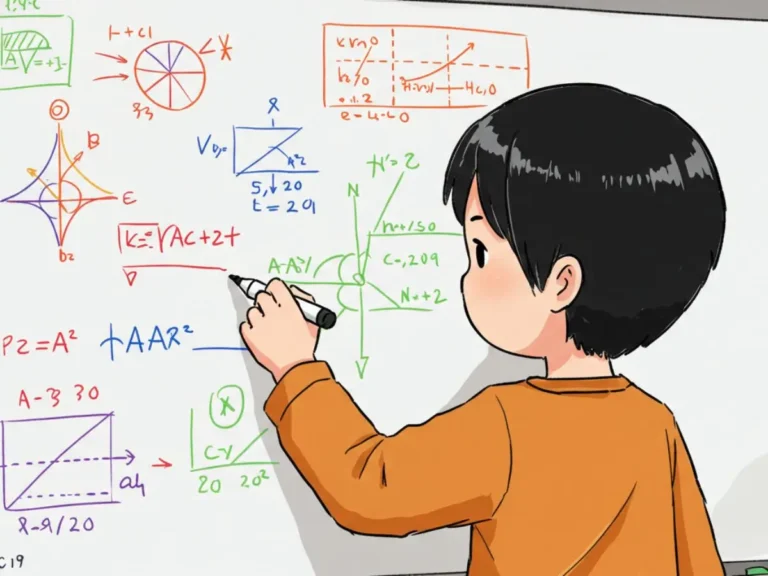When Does a Child Start Understanding What We Say?
As a parent, one of the most magical moments is witnessing your baby’s first signs of understanding. That moment when their eyes light up in recognition, or they turn toward you when you call their name, marks the beginning of an incredible journey in child speech development. But when exactly does this remarkable process begin, and what can parents expect along the way?
The Foundation: Understanding Begins Earlier Than You Think
Many parents are surprised to learn that infant language milestones begin much earlier than the first spoken word. Research shows that babies start processing language from birth, and some studies suggest that language recognition may even begin in the womb during the final trimester of pregnancy.
During the first few weeks of life, newborns demonstrate a preference for their mother’s voice and the language they heard most frequently before birth. This early recognition lays the groundwork for all future language development and represents the very beginning of speech comprehension.
Birth to 3 Months: The Listening Phase
In the earliest months, your baby is primarily in a listening and absorbing phase of child speech development. While they may not show obvious signs of understanding, several important processes are occurring:
- Sound recognition: Babies begin distinguishing between different voices and tones
- Emotional connection: They start associating certain sounds with comfort and care
- Pattern awareness: Infants begin recognizing the rhythm and melody of language
During this period, parents should focus on talking frequently to their baby, using varied tones and expressions. This constant exposure helps establish the foundation for future toddler communication skills.
4 to 6 Months: First Signs of Recognition
Around four months, you’ll notice more obvious signs that your baby is beginning to understand language. Key infant language milestones during this period include:
- Name recognition: Your baby may turn when they hear their name
- Tone understanding: They begin responding differently to happy versus stern voices
- Anticipatory behavior: Babies might get excited when they hear familiar words like “bottle” or “bath”
This stage marks a crucial transition in child speech development, as babies move from passive listening to active engagement with language.
6 to 9 Months: Comprehension Accelerates
The second half of the first year brings rapid advancement in language understanding. During this period, infant language milestones include:
- Simple command recognition: Babies may respond to “no” or “come here”
- Gesture association: They begin connecting words with actions, like waving when hearing “bye-bye”
- Object identification: Your baby might look at familiar objects when you name them
Parents often notice that their baby’s comprehension far exceeds their ability to speak during this stage, which is completely normal in child speech development.
9 to 12 Months: Active Understanding
As your baby approaches their first birthday, their language comprehension becomes increasingly sophisticated. Important toddler communication skills emerging during this period include:
- Following simple instructions: “Give me the toy” or “Clap your hands”
- Understanding routine language: Recognizing phrases associated with daily activities
- Social language comprehension: Beginning to understand conversational cues and turn-taking
12 to 18 Months: The Language Explosion
The toddler period marks an explosion in both understanding and expression. Infant language milestones during this crucial phase include:
- Vocabulary recognition: Understanding 50-100 words, even if they can’t say them all
- Two-step instructions: Following commands like “Get your shoes and bring them here”
- Question comprehension: Beginning to understand and respond to simple questions
This period represents a critical milestone in child speech development, as toddlers transition from primarily receptive language to more active communication.
Supporting Your Child’s Language Journey
Parents play a crucial role in fostering healthy toddler communication skills. Here are evidence-based strategies to support your child’s development:
Read daily: Regular reading exposes children to varied vocabulary and sentence structures, accelerating child speech development.
Narrate your day: Describe your activities and surroundings to provide constant language input.
Respond to attempts: Acknowledge and expand on your child’s communication efforts, whether through sounds, gestures, or words.
Limit screen time: Face-to-face interaction provides the rich, responsive communication necessary for optimal language development.
When to Seek Professional Guidance
While infant language milestones vary among children, certain red flags warrant professional consultation:
- No response to name by 12 months
- Inability to follow simple instructions by 18 months
- Significant regression in previously acquired skills
- Lack of gesturing or pointing by 15 months
Conclusion: Every Child’s Unique Journey
Understanding child speech development helps parents appreciate the remarkable complexity of language acquisition. While infant language milestones provide helpful guidelines, remember that each child develops at their own pace. The key is providing rich, responsive language experiences that support your child’s natural development.
By recognizing the early signs of comprehension and supporting your child’s language journey with patience and consistency, you’re laying the foundation for a lifetime of successful communication. The magic of watching your child understand and eventually master language is one of parenting’s greatest rewards.
Remember: If you have concerns about your child’s language development, consult with your pediatrician or a speech-language pathologist for personalized guidance.







